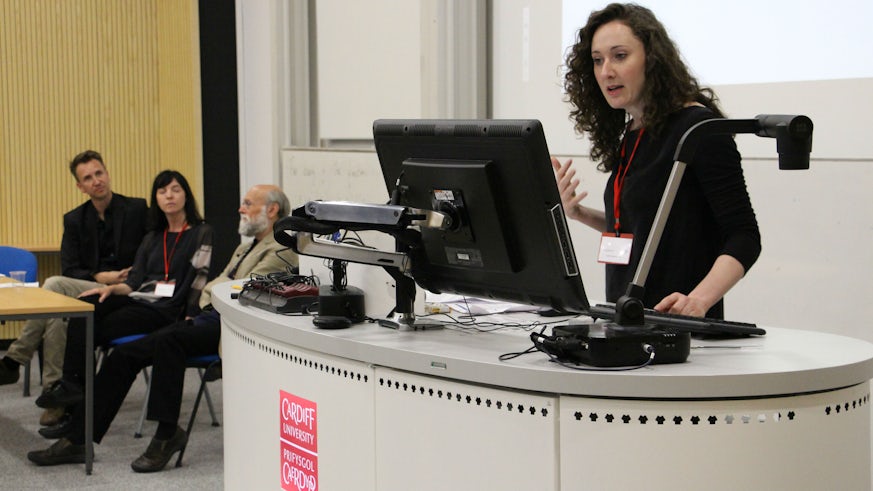What are the implications of a data-driven society?
22 May 2018

In the wake of the scandal involving Cambridge Analytica, and as Europe prepares to grapple with new data protection legislation (GDPR), researchers, advocates and technology experts are meeting at Cardiff University to discuss what the pervasive collection and use of people's personal data means for democracy and social justice.
More than 200 international experts are attending the first ever ‘Data Justice’ conference to share knowledge on how both public authorities and private businesses collect, analyse and use the data of citizens, and discuss solutions for the challenges of the ‘datafication’ of society.
“The misuse of personal data to influence elections, but also the increasing application of data analytics and algorithmic decision-making in the public sector, show that the use of and control over data has become a key question of our time,” said Dr Arne Hintz, one of the conference organisers and co-directors of Cardiff University’s Data Justice Lab which is hosting the event.
“As digital citizens, we are increasingly profiled and categorised according to the data we produce, and our future lives are heavily impacted by this. Many cases of discrimination and wrongful assessments through data have been documented, and we need to have a better understanding of the implications for society,” added Dr Lina Dencik, conference co-organiser and co-director of the Data Justice Lab.
The conference has generated international attention, raising participant numbers far above what the organisers expected, with participants arriving from around the globe, including the US, India, Australia and South Africa.
For two days, scholars are presenting research on data analysis in cities, at borders, by social media companies and by public institutions. Several practical workshops are conveying skills on data analysis and discuss campaigning strategies, and a ‘policy hackathon’ will develop policy proposals for internet platforms.
The conference takes place in the week of major new data protection legislation coming into effect across the European Union. The new General Data Protection Regulation (GDPR), which will become law on 25 May, will change what internet platforms and governments can do with citizen data.
The Data Justice Lab is a new research centre at Cardiff University’s School of Journalism, Media and Culture. “The Lab is a unique space in the UK and Europe”, said co-director and conference co-organiser Joanna Redden. “It brings together expertise and resources to raise our understanding of the state of democracy and social justice in times of datafication.”
The Data Justice Lab was launched in March 2017 and has grown rapidly in its first year. It has attracted significant research funding from international funding organisations and currently has eight academics researching how public authorities and companies analyse our data, developing solutions as to how this should be regulated.
